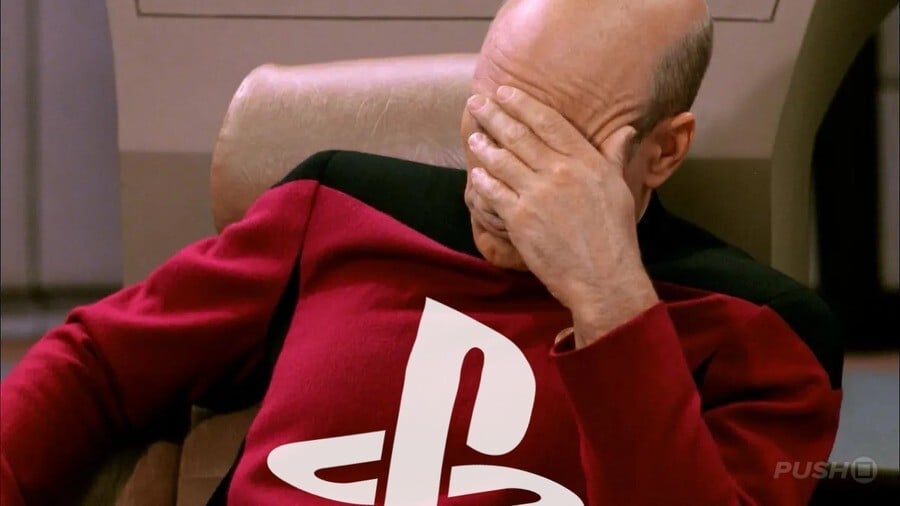You didn’t understand it either . In a poll published in the aftermath of the announcement, a sizeable 32 per cent of you seemed bemused by the news, while a further 23 per cent of you felt it was a bad decision.
However, as the deal closed and further details emerged, it did start to make a semblance of sense: Sony was betting the house on live service, and wanted one of the biggest names in the business under its umbrella. The idea was to establish a so-called ‘Live Service Center of Excellence’ – a company-wide task force with Bungie at the helm designed to enrich and improve all of its projects across the space.
In the aftermath of the acquisition, current PlayStation CEO Hermen Hulst and ex-boss Jim Ryan posted this celebratory photo with Bungie's execs — Image: Hermen Hulst But without being intimate with the inner-workings of the studio, we always found this strange: Destiny 2 had long been criticised by its player base, and all of the outside noises around the title always seemed to signal discontent. Lightfall released to a disastrous reception prompting apologies from the studio, and it’s only with The Final Shape that the developer appears to have won back its fans.
To make matters worse, Bungie prompted public ire when it appeared to have the final say in Naughty Dog’s cancellation of its long-awaited The Last of Us 2 multiplayer game. We don’t really believe in scapegoats, because presumably we’d all be happily playing Factions right now if whatever Naughty Dog was making was amazing, but the subsequent announcements of Concord and Fairgame$ ultimately bemused PlayStation enthusiasts. How come those two got the greenlight?
And this led to us asking the question: is Bungie really the right developer to lead Sony’s live service charge ? “It may have been a pioneer back in 2014 as it launched Destiny, but fast-forward nine years and it feels like dark clouds have been hanging over the Washington studio for a while now,” we wrote last year. “Why should anyone listen to Bungie when it can't get its own game quite right?”
Today the studio announced a massive contraction of its workforce, with over 200 staffers sadly let go. Sony, it seems, has found roles elsewhere for a further 150 employees, while it’s established an entirely new studio based on one of the ideas being incubated at the outfit – a sign this terrible news could have somehow been much, much worse.
It seems, from the outside looking in, that Bungie’s independence is now eroding; despite the initial acquisition announcement suggesting the developer would retain full autonomy , it now looks like it’s being integrated more deeply under the PS Studios umbrella. Considering the venomous criticism of the current leadership circling on social media, some from affected employees, that may not necessarily be a bad thing.
But it still begs the question: why did Sony buy Bungie to begin with? Concord is, at best, looking like it’s going to get off to a slow start – and many of PlayStation’s other live service projects, like a widely rumoured Twisted Metal title at Firesprite, have been cancelled. It leaves the strategy in tatters, and a bloated billion dollar developer seemingly incapable of leading itself – let alone anyone else.
It’s a bizarre state of affairs, and we can’t help but wonder whether there are some serious regrets among the Sony hierarchy. PlayStation may have felt it needed to throw some money around in wake of Microsoft’s absurd and frankly unprecedented acquisitions – it’s left with a headless chicken and a lot less money in its back pocket.
What do you make of the latest headlines regarding Bungie, and did PlayStation make a mistake buying the developer for billions of dollars to begin with? Mull it over in the comments section below.
Was PlayStation's acquisition of Bungie a mistake? (2,669 votes)
Yes, it's certainly starting to look like that 60 %Maybe, but I think it's still too early to say 23 %No, the developer brings big value to Sony 6 %I really don't know to be brutally honest 11 %




